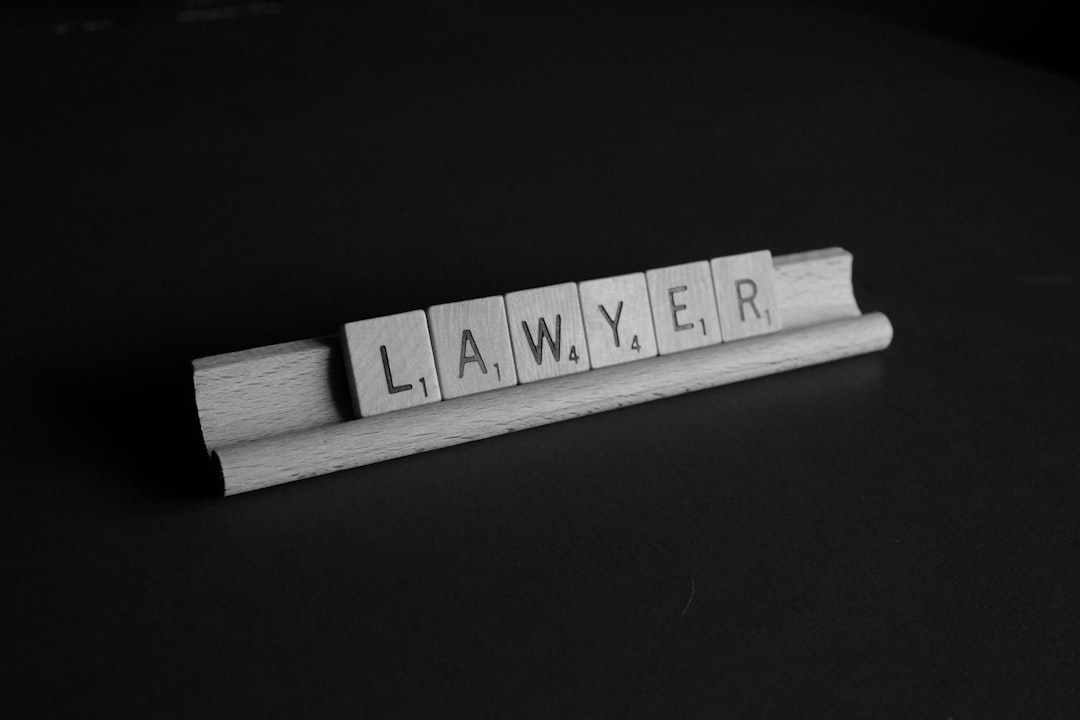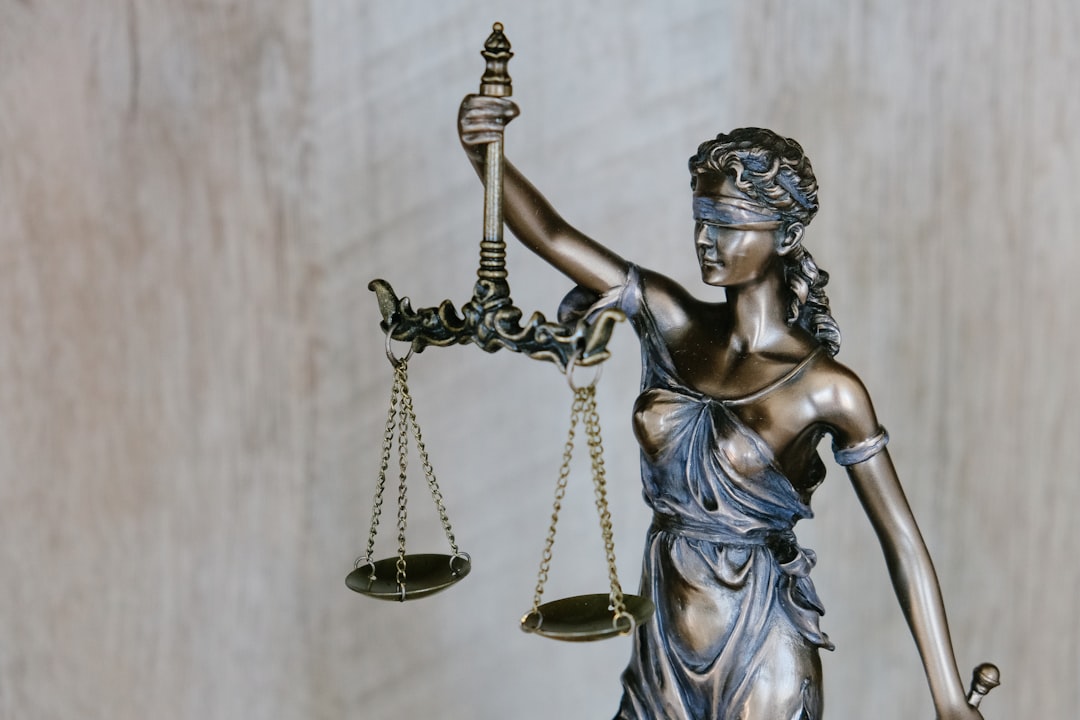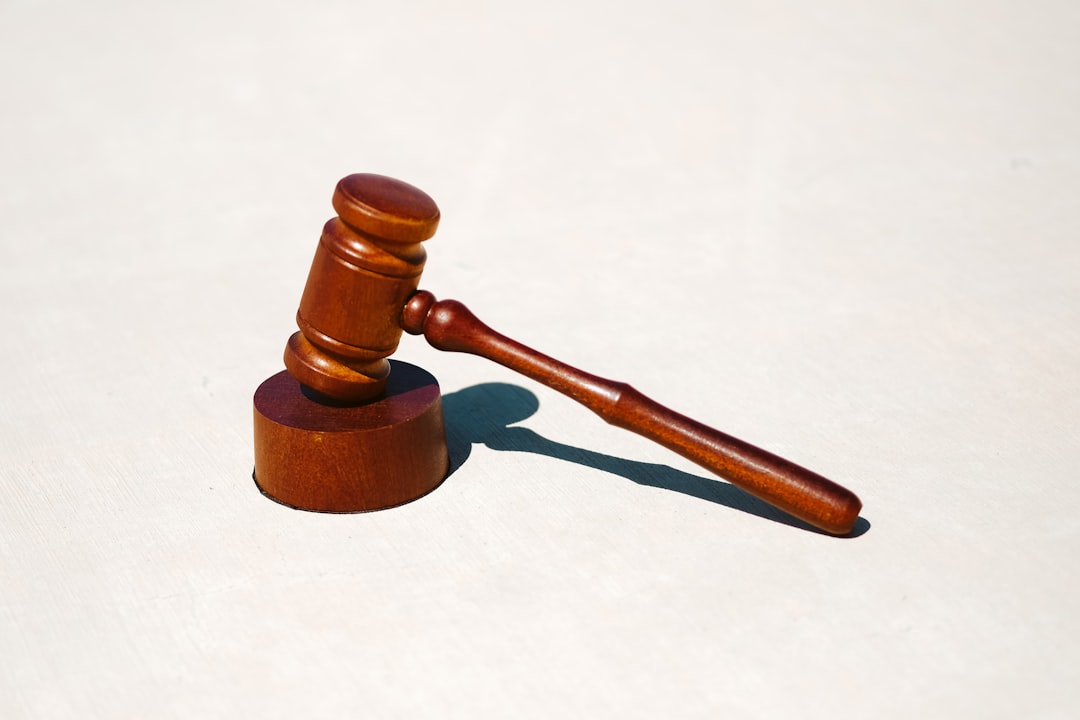Sexual abuse within schools in Georgia is addressed through a tech-focused, multi-faceted approach. Advanced digital platforms enable open discussions on consent and reporting, empower students, and facilitate swift interventions by authorities, including school abuse attorneys. Tools like anonymous reporting apps, data analytics for behavior monitoring, and educational videos enhance safety efforts. However, challenges include ensuring equal access to technology across communities and collaborating between schools, law enforcement, and legal professionals for effective prevention and support.
In Augusta, Georgia, technology emerges as a powerful ally in the fight against sexual abuse within schools. This comprehensive guide explores how digital tools are transforming prevention and reporting strategies. From advanced surveillance systems to anonymous reporting apps, we delve into the role of technology in creating safer environments. We also examine challenges, best practices, and the crucial involvement of school staff and legal experts. Understanding these dynamics is key to empowering students and safeguarding our communities.
Understanding the Scope of Sexual Abuse in Schools

Sexual abuse within schools is a pervasive and complex issue that requires a multi-faceted approach for prevention and intervention. According to research by school abuse attorneys in Georgia, instances of sexual misconduct by peers, teachers, or other staff members have significant impacts on students’ emotional well-being and academic performance. The scope of the problem demands innovative solutions, which technology offers as a powerful tool.
Modern technologies provide several avenues to address this challenge. Digital communication platforms can facilitate open discussions about consent, personal boundaries, and reporting mechanisms, empowering students with knowledge and resources. Additionally, advanced surveillance systems and data analytics can aid in identifying suspicious behaviors or patterns, enabling school authorities to intervene promptly. These technological interventions are crucial steps towards creating a safer environment for students, supported by the expertise of Georgia’s school abuse attorneys.
The Role of Technology in Prevention and Reporting

Technology plays a pivotal role in preventing and reporting sexual abuse within schools in Augusta, Georgia. With advanced digital tools at their disposal, students, teachers, and administrators can now proactively safeguard their communities. Online platforms and apps designed for anonymous reporting allow victims to disclose incidents confidentially, ensuring their privacy while initiating prompt action. These systems often include features like secure messaging, tip lines, and direct links to support services, enabling easy access to help.
Moreover, educational institutions are leveraging technology to raise awareness through interactive workshops and digital resources. Virtual simulations and educational videos can effectively teach students about consent, personal boundaries, and recognizing abusive behavior, empowering them to speak up or seek assistance if needed. School abuse attorneys in Georgia also utilize technology for efficient case management and communication with clients, ensuring a more responsive and effective legal response to these sensitive matters.
Implementation Challenges and Best Practices

Implementing technology to prevent sexual abuse in schools is a multifaceted process, and while it offers significant benefits, there are also challenges to navigate. One of the primary hurdles is ensuring equal access to technological resources across all school communities. Augusta, Georgia, like many areas, has varying levels of digital infrastructure, which can create disparities. School administrators must address this by providing adequate funding and support for schools with limited resources, fostering a more inclusive environment where technology can be effectively utilized as a preventive tool.
Best practices involve integrating multiple tech solutions, such as online reporting systems, anonymous tip platforms, and educational apps that promote consent awareness. These tools empower students to speak out and educators to identify potential risks promptly. Collaboration between schools, law enforcement agencies, and local school abuse attorneys is also key. By sharing data and resources, these entities can create a robust safety net, enabling swift intervention and support for victims. Regular training sessions for staff on using these technologies effectively further strengthen the preventative measures.
Support Systems: Collaborating with School Staff and Legal Experts

In the fight against sexual abuse in schools, establishing robust support systems is paramount. Collaboration between school staff, administrators, and legal experts plays a crucial role in prevention and intervention. School administrators can integrate technology to facilitate anonymous reporting mechanisms, empowering students to share concerns without fear of repercussions. This digital infrastructure ensures that sensitive issues are promptly brought to the attention of designated authorities, including trained professionals and school abuse attorneys in Georgia.
Moreover, regular workshops and training sessions for staff on identifying potential red flags and responding effectively can create a culture of vigilance and accountability. Legal experts specializing in school abuse cases contribute by providing guidance on policy development, ensuring compliance with relevant laws, and offering strategic advice during investigations. This multi-faceted approach leverages technology and professional expertise to foster a safer environment for students in Augusta, Georgia, and beyond.





